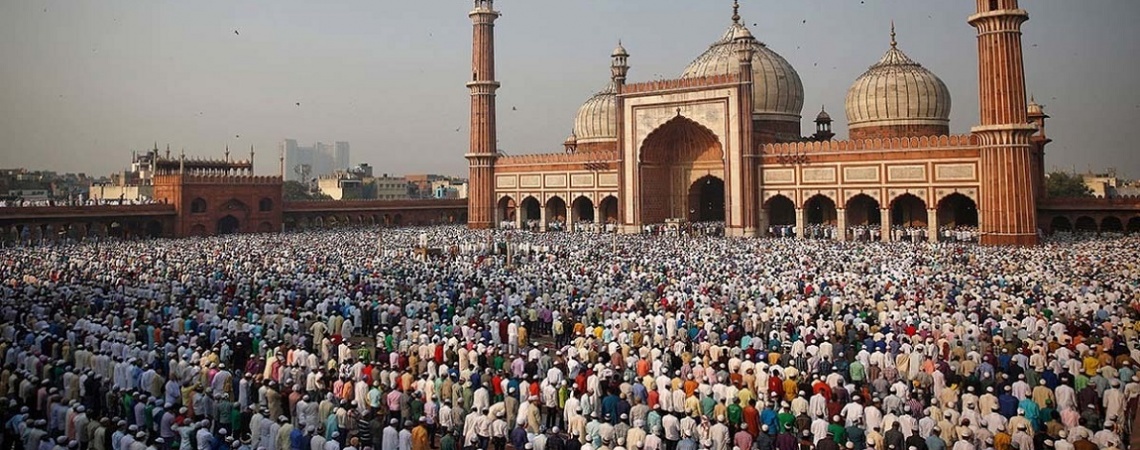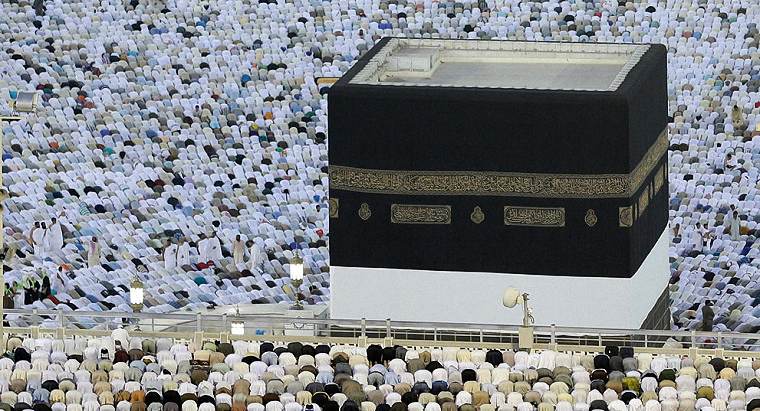
- November 18, 2018
- 362 views
- Author: Ilyas Nassief
- Category: Articles
- No Comments
Islam has brought us complete and profound teachings that always lead to that which is positive and good for humanity. Among the things that Allah the All Wise has encouraged and taught us about is dealing with differences that are based on race, tribe, colour or nationality. Our little island holds great potential in realizing the harmony of Islamic brotherhood that is based firstly and foremostly on shared faith and not on external differences of colour or language. The creed is what unites us and that is the best unifier. The reason that the creed or belief is the best unifier is that unity based on race is not a clear or effective principle for unity. We see this manifested in the various movements that approach unity from the standpoint of race. How many people are oppressive to others and they come from the same nation, the same tribe and the same colour? All of these shared factors did not bring about the imagined unity that they were seeking. The ummah is a nation spanning several countries and continents, united by a shared faith regardless of colour or language.
Indeed the factors that help the believers to attain unity are many and diverse. From them is the fact that the Muslims worship One God, follow the same Prophet , pray to one qiblah (direction to face in prayer), read one book, revealed in one language.
Allah said:
Muhammad Bin Ahmed al Qurtuby wrote in explaining this verse
In another verse, Allah said:
Despite this, there are still people who claim Islam as their way of life, but fall short of the mark in being true believers in a brotherhood that transcends the boundaries of race. Another of the divisive calls that abounds today is that of nationalism which is given priority all too often over the brotherhood of Islam. The Arabs themselves whom the message first came to had to struggle with this reality and there are many ahaadeeth and incidents in Islamic history from the time of the Prophet ﷺ until today that show that we as Muslims need to strive in order to fulfill the task of attaining universal brotherhood as prescribed by our Creator.
Malcolm X wrote about what he witnessed in Makkah after making hajj. Let us remember that he was one of those who was heavily influenced by the problems of racism and he joined a group founded on the principle of resistance to the inequality faced by the people of African descent in America. When he made hajj however, he came to the conclusion that it was Islam that held the possibility of the unification of mankind, and that this unity superseded that which was based on race. He said:
It is true that overlooking differences of tradition and race can sometimes require effort. One of the reasons for this is that Shaytaan does not like for the believers to be united. In addition to that, differences of language and custom can sometimes place a barrier between Muslims. It is necessary in such circumstances to remember the statement of Allah. “Indeed, the most noble of you in the sight of Allah is the most righteous of you”. If one is still tempted to feel superior, he should reflect on another ayah where the Exalted said
I am not saying that it is wrong for Muslims who come from the same place and speak the same language to prefer to be among others who share similar backgrounds as we have seen for example from students in the universities, however it is of great benefit for the brothers to mingle and to get to know their brothers from other places. This knowledge leads to the enrichment of their personality and understanding of others and can even help them in the issue of Islamic rulings that may be subject to time and place.
Here are just a few of the statements of the Messenger ﷺ connected to this issue;
Another well-known incident recorded in an authentic hadeeth is what occurred between Abu Dharr and Bilaal may Allah be pleased with them both.
This hadeeth shows the Prophet’s ﷺ firm position in disapproving of comments or actions that showed pride, boasting, racial or tribal superiority of one person over another. This incident is amazing given the fact that Abu Dharr was one of those who had a pure heart that rejected shirk even before Islam, and the fact that he sacrificed himself almost immediately after becoming a Muslim by proclaiming the shahada at the ka’aba in front of Quraish for which he was severely beaten. He was also a beloved companion of the Prophet ﷺ and came from the well-known tribe of Ghifar. Despite all this, the repugnance of the effects of the days of al Jaahiliyyah were too great for the Prophet ﷺ to keep quiet about. This incident shows the true position of Islam to the calls of racism and tribalism. Regardless of how some Muslims today have strayed from this guidance, the records show the position of Islam towards racism and that is the true yardstick by which we measure our own perspective.
In another narration reported by Abu Harayra, the Prophet ﷺ said:
We ask Allah to make us of those who achieve true Islamic brotherhood working united for the cause of Allah. Aameen!








